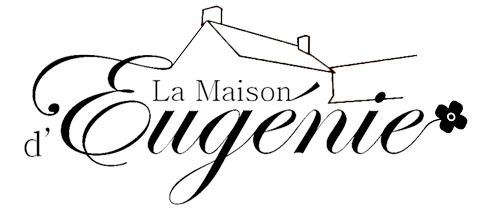History of an exceptional tile factory that has become a cottage,
where well-being is combined with ecology and solidarity.
It all started in 1809
with the creation of the Houbé ceramic establishments, a tile factory that has become famous thanks to the quality of its creations
1809
Creation
At the beginning of the 19th century, there were two small tile factories in Mortcerf, working by hand according to the elementary processes of the time.
In 1809, at the age of 27, Charles-Auguste Houbé, then a tile worker with some savings, bought one of the Mortcerf tile factories. Soon after, he bought the other.
This was the origin of the Houbé ceramic establishments.


1870
Modernisation
From flat tiles to solid bricks, including drainage pipes for agricultural activities (particularly those of the Rothschild family), the small tile factory of 1809 had become a brick-tile factory, with new tools and manufacturing methods.
To these products were added flower pots and roofing accessories, shores, ridges, finials, etc., which you can discover on the site.
Auguste Houbé – son of Charles-Auguste – took over the operation, and was a skilful and active industrialist, enterprising spirit endowed with broad views. This is how he became in 1870, one of the founders of the Union « Céramique et Chauffournière de France« .
1962
Tiles against concrete blocks
Over the years, the brick has become more discreet compared to the concrete block and the brickyard / tile factory has been transformed into a farm.
This was a new turning point for this atypical place transformed into a 150-hectare farm.
Till today…


2021
New Adventure
La Maison d’Eugénie is part of a hamlet comprising the buildings of a former brickyard. A committed collective has been restoring the place for 2 years so that the public can have access to it.
The Briqueterie team gives the opportunity to companies wishing to develop an eco-responsible activity that meets current challenges (sustainable development, social and solidarity economy, influence of ‘doing differently’). La maison d’Eugénie is the first to implement this approach by offering a slow tourism service that respects the environment and people.
Other partners will come to settle in the coming year and will make the Briqueterie site a hybrid place where a range of activities will emerge promoting a return to nature, mutual aid, creativity, learning and development. professional and personal development.
